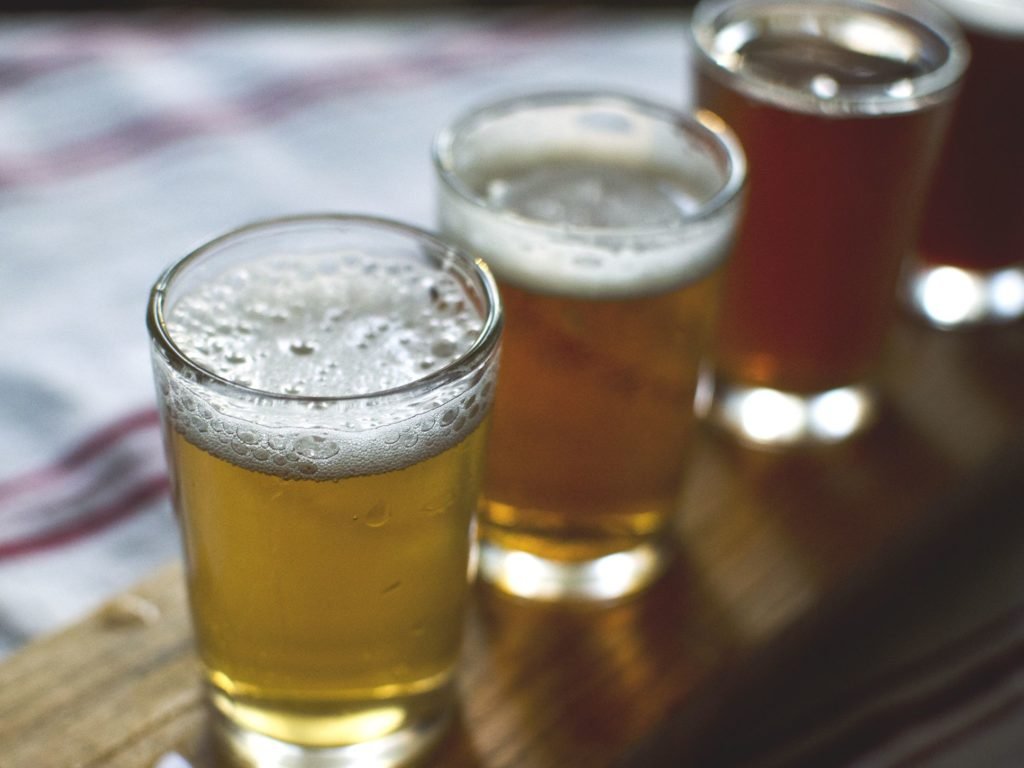As many older persons return to normal living in the United States as a result of high immunization rates and decreased COVID-19 activity, a recent poll recommends that many should limit their alcohol use.
Hazardous Drinking Patterns In Adults During A Pandemic
According to recent data from the National Poll on Healthy Aging, 23 percent of persons over 50 who consume alcohol report having three or more drinks in one sitting regularly. In addition, 10% of individuals who drink use additional substances while drinking, such as marijuana or prescription prescriptions that can combine dangerously with alcohol.

The poll questioned respondents aged 50 to 80 to reflect on their drinking habits beforehand to and throughout the pandemic’s first ten months. Having three or more alcoholic drinks on any given day, as well as binge drinking on occasion, are both regarded symptoms of problematic drinking in any adult.
While only 14% of older individuals who drink alcohol stated their drinking rose during the first ten months of the pandemic, that number was substantially higher among the minority of older persons who drink as part of their routine, to raise their mood or relax, or to cope with boredom, worry, or discomfort. A third to half of such people said they had consumed more alcohol in the previous year. Those who reported feeling alone or lonely were also more likely to report increasing their alcohol use.
Among older persons who drink, 10% stated there was a period when they feared they were drinking too much during the pandemic, but few sought treatment.
Meanwhile, half of older individuals say they drink primarily for social purposes. Members of this category were more likely to report that they will cut back on their drinking in 2020. This implies that when people’s social engagements grow during the new phase of the pandemic, so will their alcohol intake.
The survey is hosted by the University of Michigan’s Institute for Healthcare Policy and Innovation and is supported by AARP and Michigan Medicine, the university’s academic medical center. It is based on the responses of a nationwide sample of more than 2,000 persons aged 50 to 80 to a poll conducted in late January when COVID-19 case rates were high across the country and vaccination of older persons was just getting started. One-third of those polled indicated they had not consumed alcohol in the previous year.
Even before the pandemic, heavier and riskier drinking habits were increasing in older adults at a faster rate than in younger adults, according to Anne Fernandez, PhD, a psychologist in the University of Michigan Department of Psychiatry who specializes in studying alcohol use and collaborated on the report with the poll team.
While not every older adult who drank more in the previous year switched from non-hazardous to risky drinking, the total amount of drinking, as well as the potential for interaction with other drugs, is quite alarming as she said. As people celebrate the end of the worst portion of the pandemic in their country, it’s critical to confront or avoid problematic drinking of any type.
According to poll director Preeti Malani, M.D., a Michigan Medicine infectious disease specialist who is also educated in geriatrics, the body’s ability to absorb alcohol alters with age.
The same amount of alcohol drank with a meal or at a social occasion in the past may have a different effect on older folks now. This might include difficulty with balance, which might lead to falls and other injuries. Long-term drinking habits might hasten the immune system deterioration that occurs with aging and is linked to increased memory loss.
They are especially worried when older folks drink many drinks at once, so the 20% of older males who stated they consume three to four alcoholic beverages on a usual day of drinking is troubling, she adds. And 27% of those who drink indicated they had six or more drinks at least once in the previous year, which is a binge level of alcohol intake that is harmful at any age, but especially as people become older.
When alcohol is combined with drugs that affect the central nervous system, specific dangers might arise. Many older persons may be unaware that if they are on opioid pain drugs, sleeping aids, sedatives, tranquilizers, or drugs for depression or other mental health difficulties, they should not consume alcohol or tightly limit their intake. As the usage of cannabis for medical and recreational purposes increases in older individuals, Fernandez believes that this type of interaction requires specific consideration.
Because of the effects on their health, those with heart disease, diabetes, liver disease, or other chronic illnesses should limit their alcohol use.

